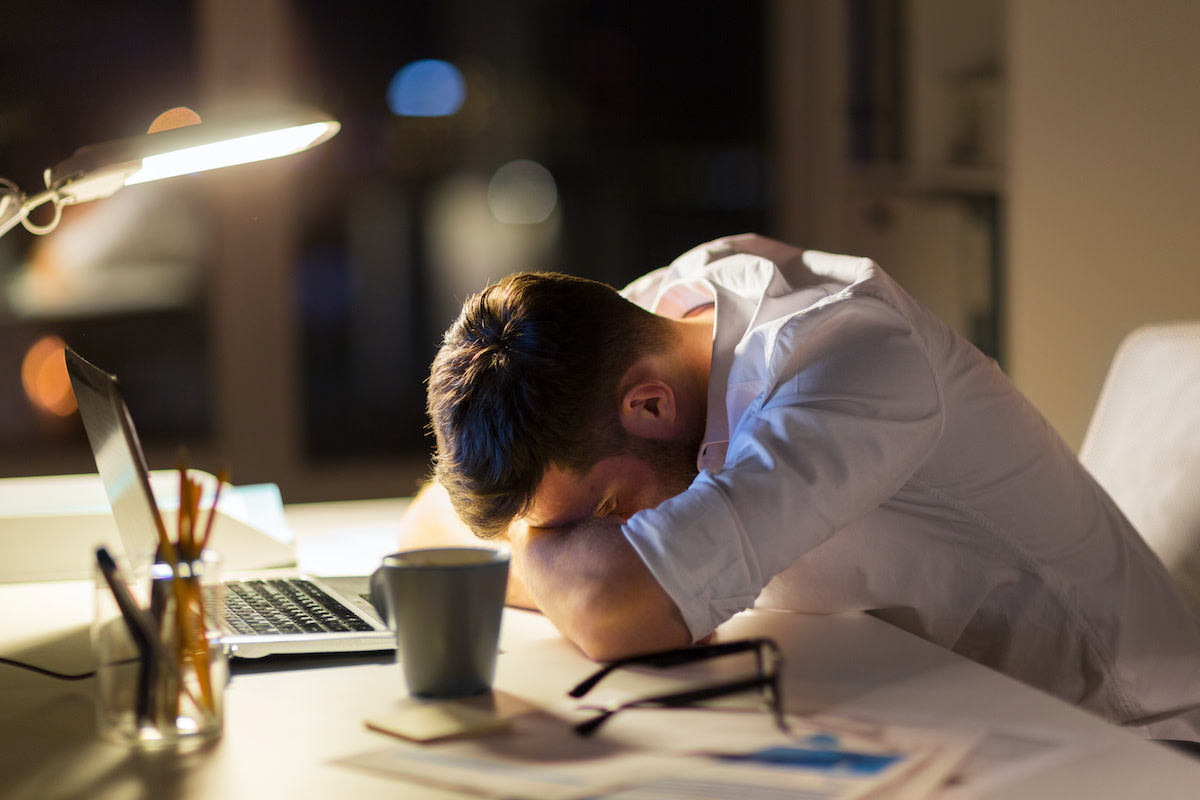Pulling an All-Nighter: How to Recover From Sleep Deprivation
Written by MasterClass
Last updated: Jun 7, 2021 • 2 min read
Whether you’re prepping for an exam or readying for an early morning flight, an all-nighter can affect your sleep schedule.
Learn From the Best
What Is an All-Nighter?
An all-nighter is a period from dawn to dusk where a person does not sleep at all. People may opt to pull an all-nighter to power through a night study session or prepare for an important work deadline. Pulling an all-nighter is a deliberate choice to deprive yourself of sleep, unlike other causes of sleep deprivation such as depression, anxiety, caffeine, or sleep disorders. No matter the circumstances, not getting enough sleep can negatively affect your functionality and health.
5 Effects of Pulling an All-Nighter
A night of sleep deprivation can have negative effects, such as reducing alertness and diminishing cognitive function the following day. Consider how not getting enough sleep might affect your body:
- 1. Daytime drowsiness: A poorly rested person can go through the day feeling groggy. This can lead to drowsy driving, car accidents, mental slip-ups, and poor cognition.
- 2. Microsleep: In addition to general drowsiness, a person running on very little sleep can experience microsleep—very short bursts of unconsciousness that feel like blacking out.
- 3. Mood swings: A person overcome by sleepiness may be cranky and irritable, and they may also experience headaches that further sour their mood.
- 4. Memory issues: Poor sleep patterns that cause a person to get less sleep have the potential to affect memory recall.
- 5. Health issues: Prolonged sleep deprivation can contribute to negative health effects, such as hypertension (high blood pressure), diabetes, and heart disease.
How to Recover After an All-Nighter
It’s important to let your body recover after an all-nighter. Follow these tips to get back to your average sleep time:
- Keep your body active. Following an all-nighter, it’s essential to return to your usual sleep routine. To stay awake all day after an all-nighter, keep your body in motion, and stay on your feet when possible.
- Eat wisely. A big meal after a night of poor sleep can cause you to crash. Eat lightly throughout the day, and choose snacks heavy in protein or complex carbs, like nuts, chicken, cheese, spinach, broccoli, apples, bananas, and fresh fruits.
- Drink caffeine in moderation. You may need coffee or tea to keep you going after an all-nighter, but avoid having too much caffeine.
- Take brief naps until your normal bedtime. If needed, take short naps until nighttime, and avoid the urge to sleep for multiple hours in the middle of the day.
Want to Learn More About Catching Those Elusive Zs?
Saw some of the best darn logs of your life with a MasterClass Annual Membership and exclusive instructional videos from Dr. Matthew Walker, the author of Why We Sleep and the founder-director of the Center for Human Sleep Science at the University of California, Berkeley. Between Matthew’s tips for optimal snoozing and info on discovering your body’s ideal rhythms, you’ll be sleeping more deeply in no time.
